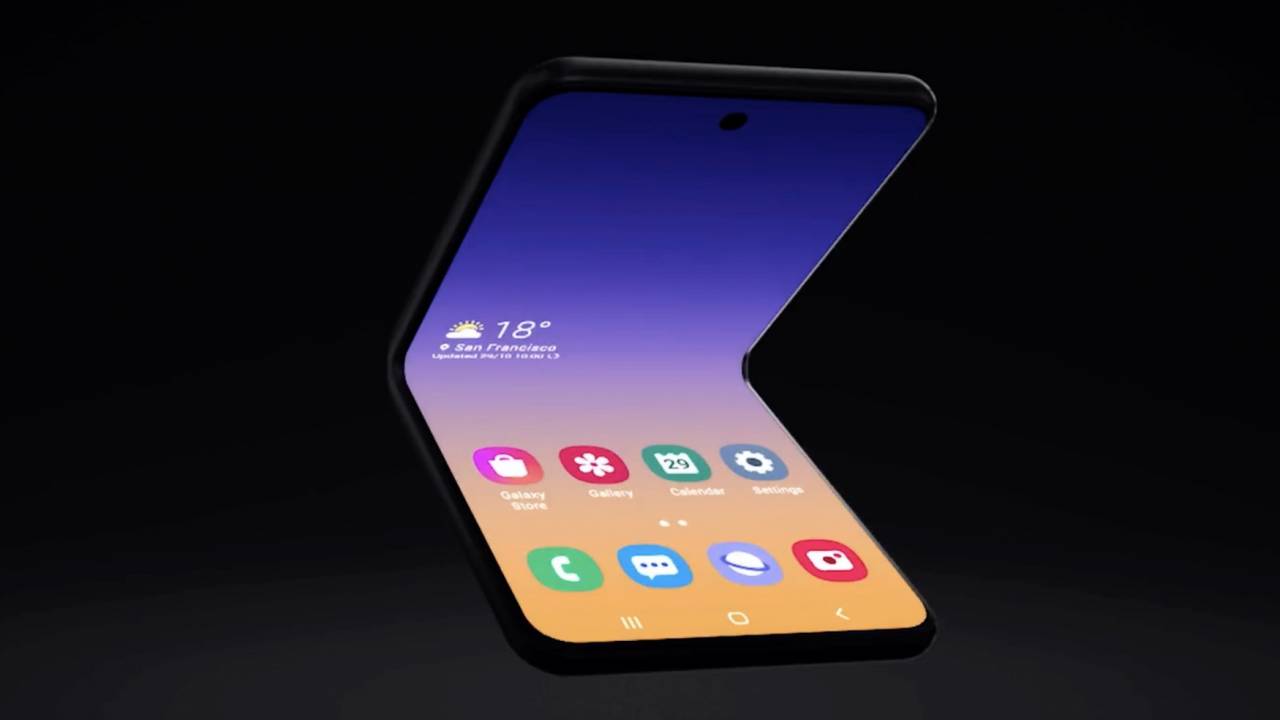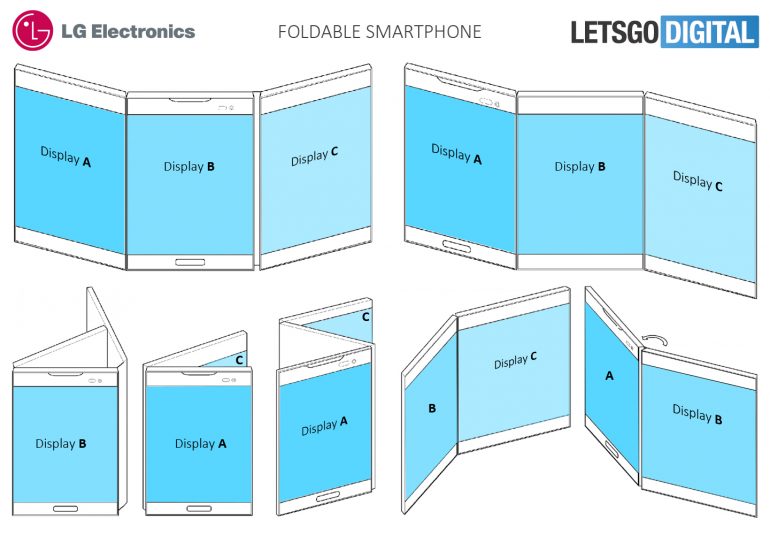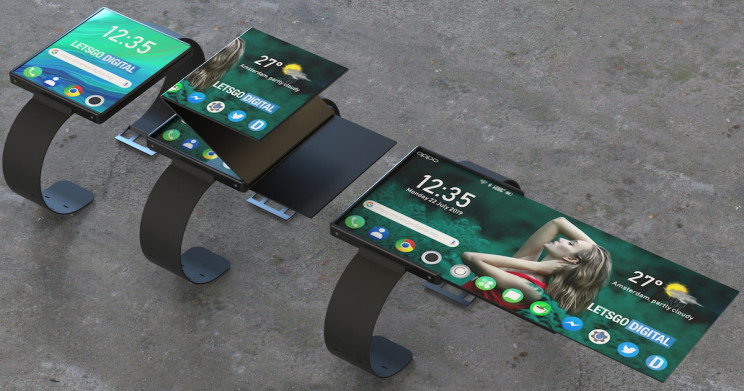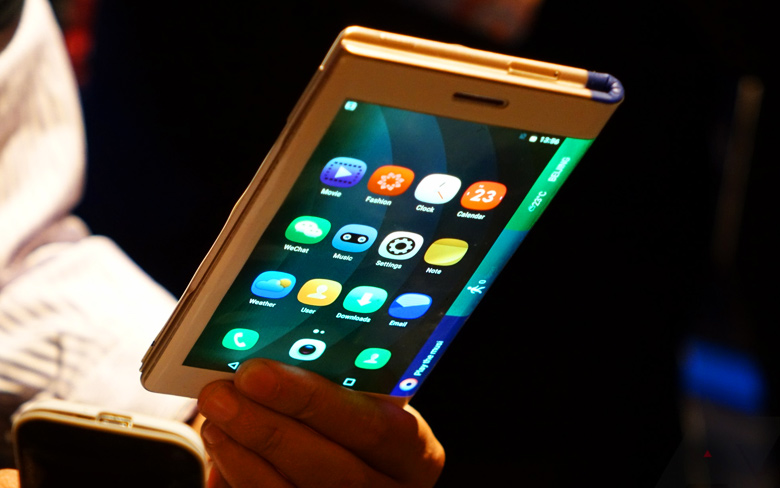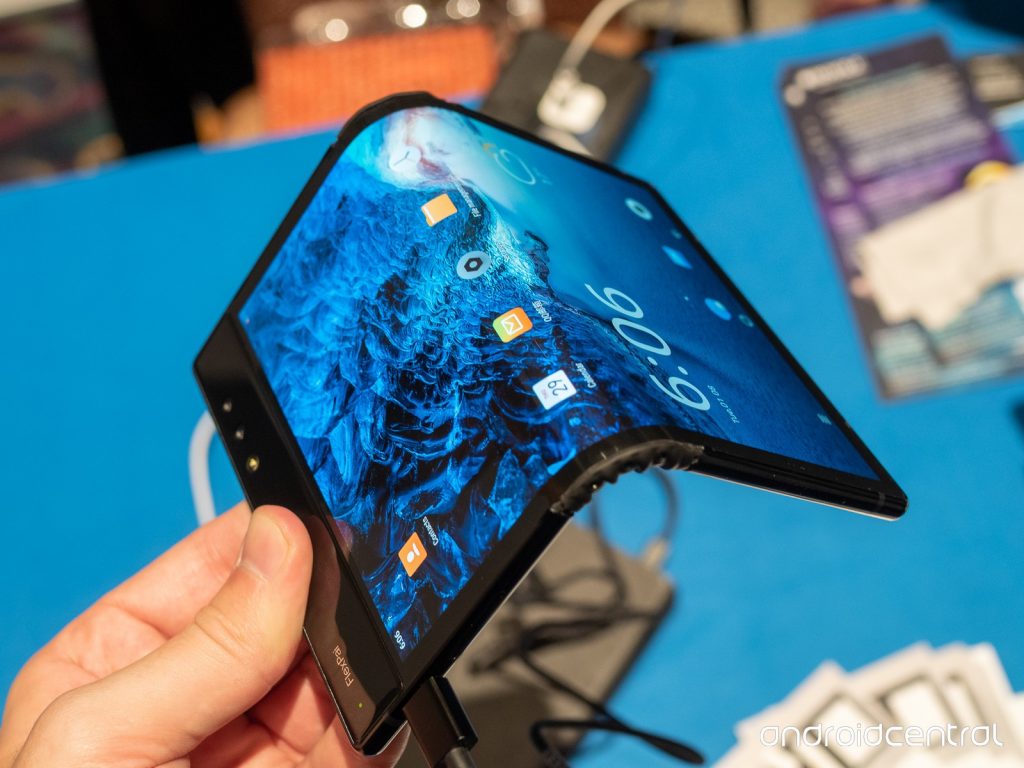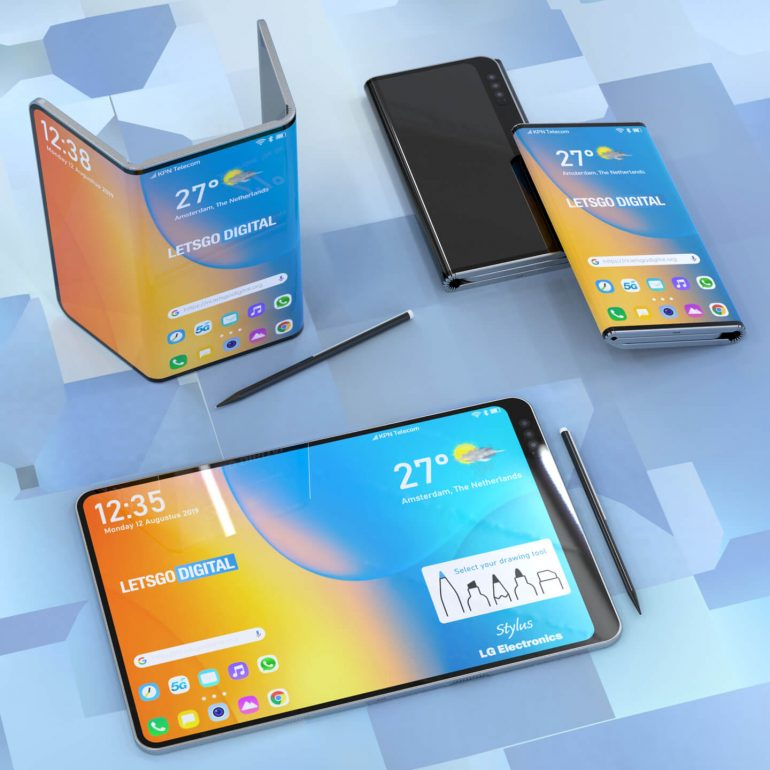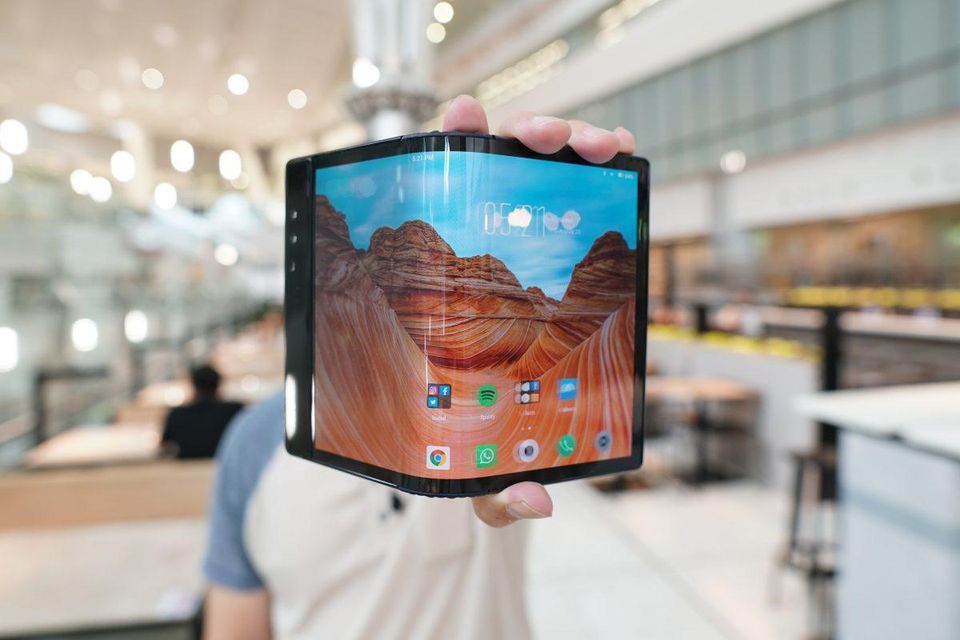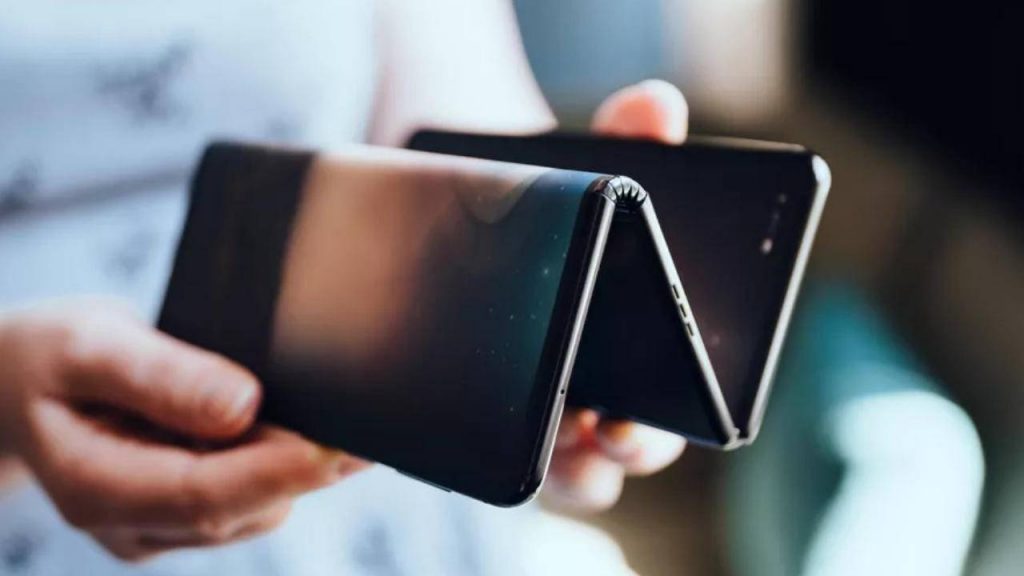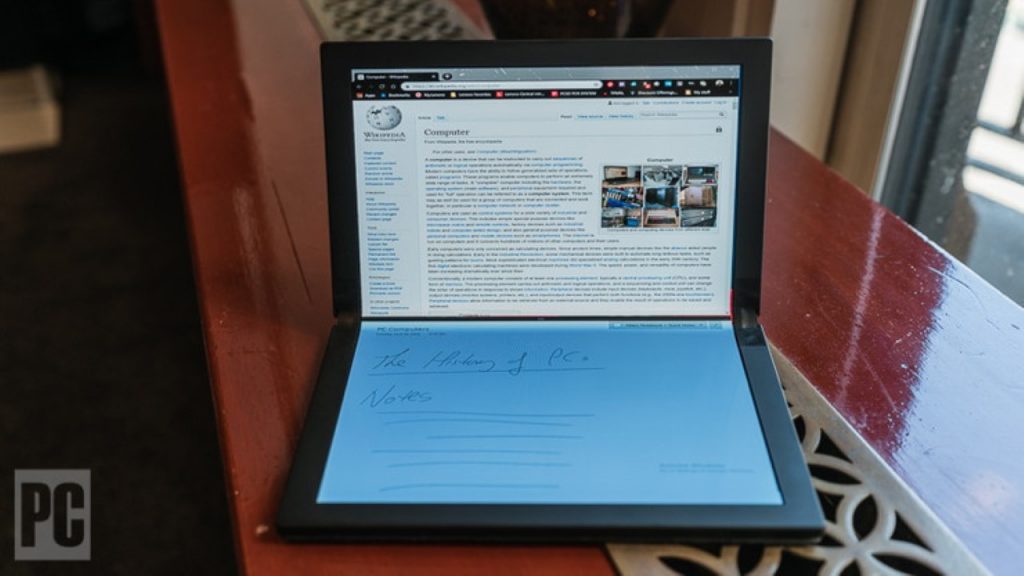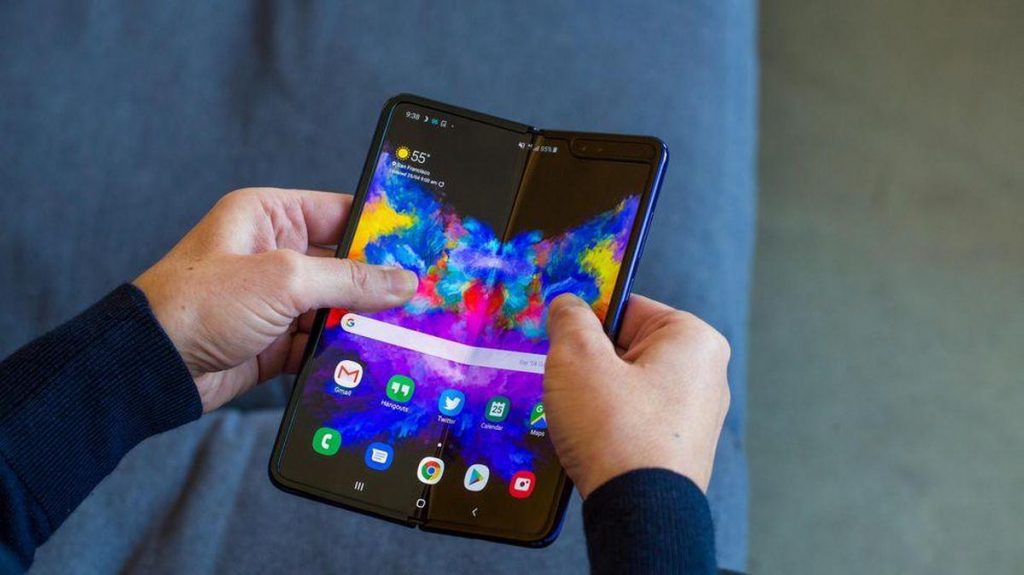A little over a year ago we wouldn’t even dare to associate the word “foldable” with what we’ve become accustomed to in smartphones. The idea of folding a glass display was preposterous, to say the least, and yet here we are, Samsung, Huawei, Xiaomi, and Motorola are doing it. In such a short time the idea has undergone huge variations from a hamburger fold to clamshell and we are not done.
You get goosebumps just thinking about what it means economically and socially. For a new tech, its size and accompanying specs make it an expensive device but not out of reach for some and probably so for others. The device may further draw a clear line between the rich, the poor and the middle-class. With most brands starting around $2000 it is being positioned as a luxury device and as such not meant for everybody.
For developed economies, this isn’t much of an issue but for underdeveloped economies with a prevailing problem of none to only a few incapacitated truly functioning consumerist organizations then the social implications span a spectrum of impulse-buying to pressure-buying and worrying to a security alert. Pressure buying is when a person purchases a good or service out of social pressure or more precisely peer pressure.
In these consumption-based economies such as are found in most African countries, the problem of pressure buying is more prevalent. Driven by the desire to measure up to certain social status or simply impress, people purchase items unnecessarily without regard for the logical, emotional, or physical cost implications. People literally save for several months, enduring severe hunger and starvation just so they can buy a device. The bitter reality is that by the time they eventually own the object of their desire there’s a new version of it and so the initial hunger remains.
The iPhone Index below by the folks at picodi.com paints a vivid picture of the foregoing discuss.

The index shows that a Nigerian needs to work an average of 3 months to afford an iPhone but in reality, due to the “consumer craze” plaguing the West African nation the reality is worse. Furthermore, this index fail to reveal the true cost of purchasing an iPhone especially for the under-employed or under-skilled who carry one about which is extreme self-denial of basic amenities, physical struggle, pain, and hunger.
Are the foldable devices good news or a bad one? You be the judge of that.
Unless there’s a better system in place which allows developing economies to enjoy same credit facilities with the same modalities that promotes affordability of this devices much like what’s obtainable in developed economies then a huge problem is brewing and soon will be in circulation in smartphone pubs in Nigeria and other African countries that are gradually being infected with the “consume-it-all” culture.

